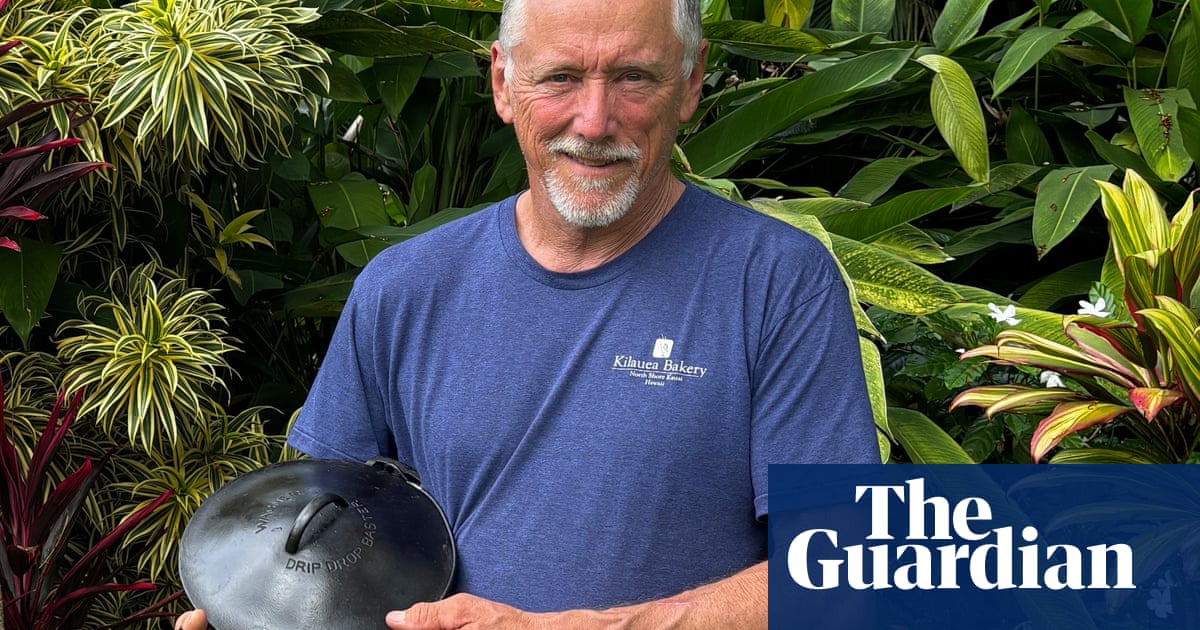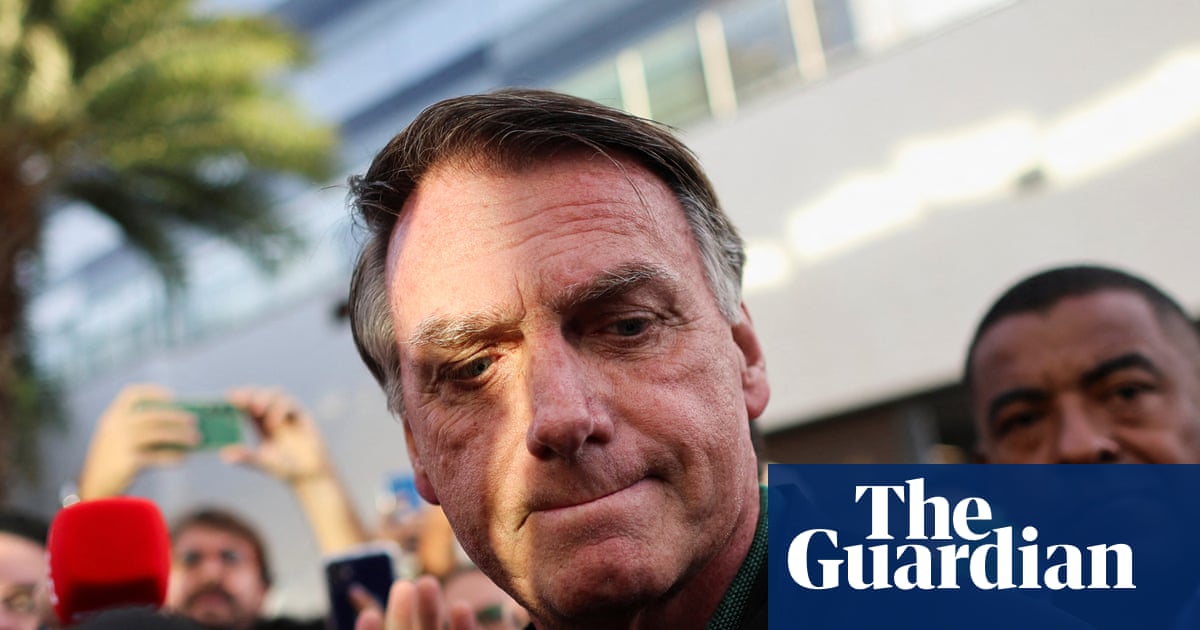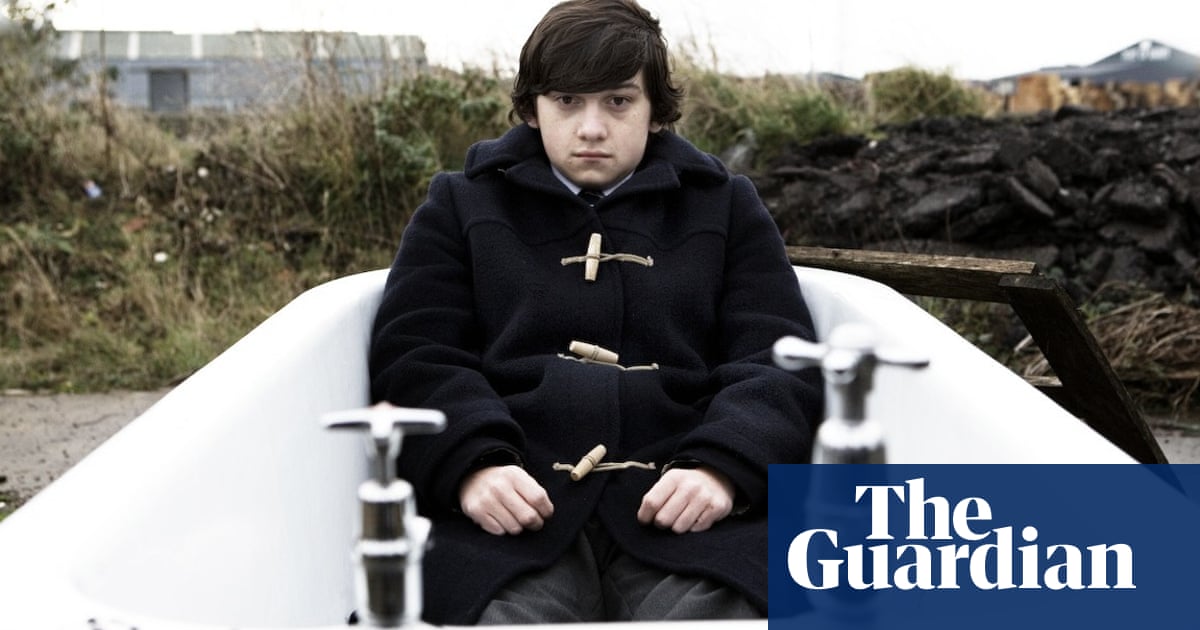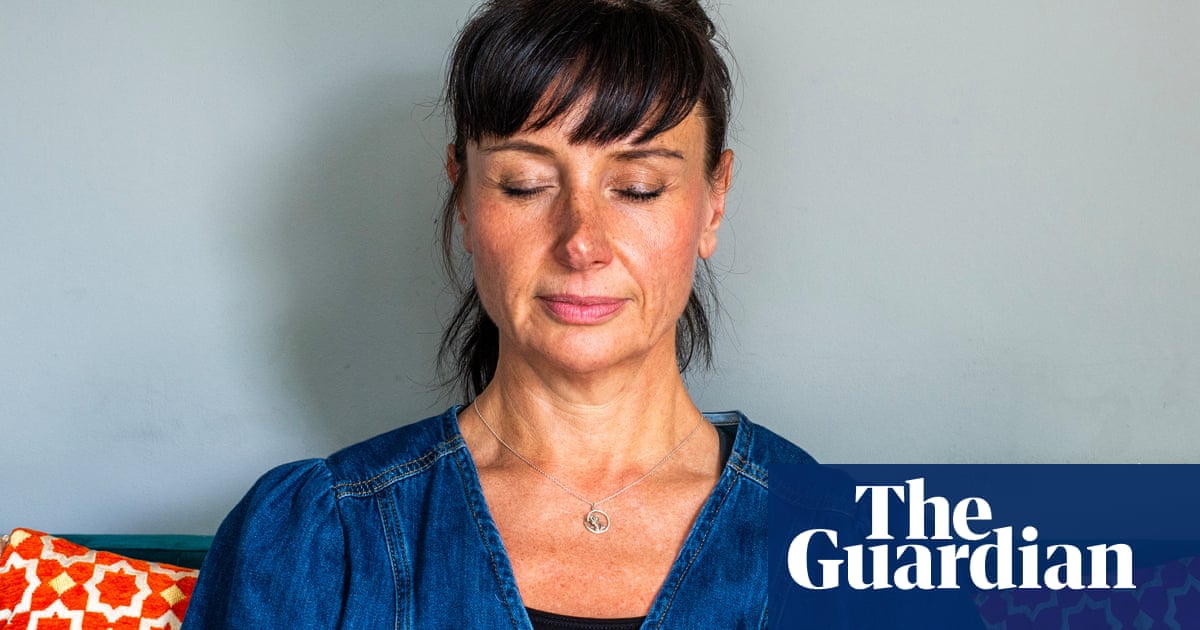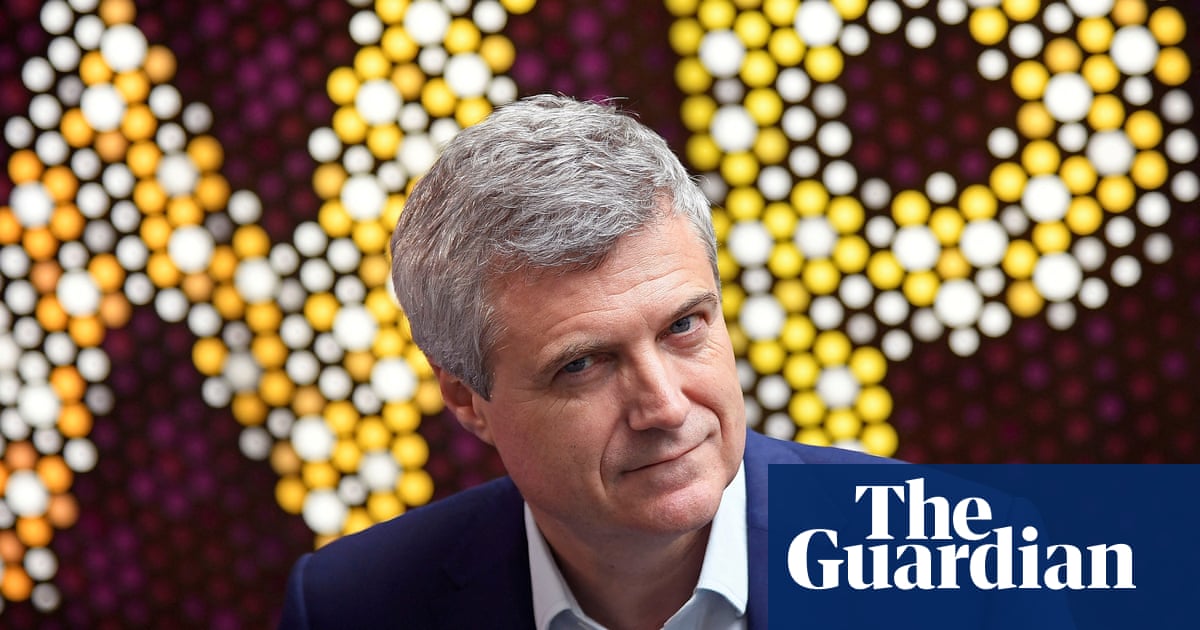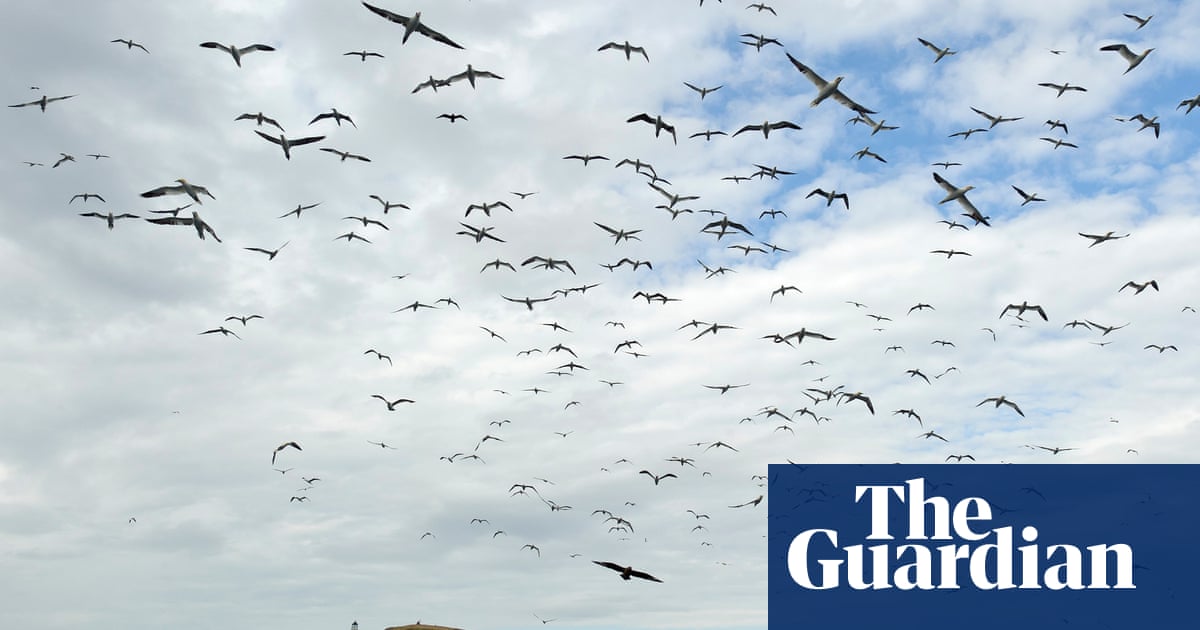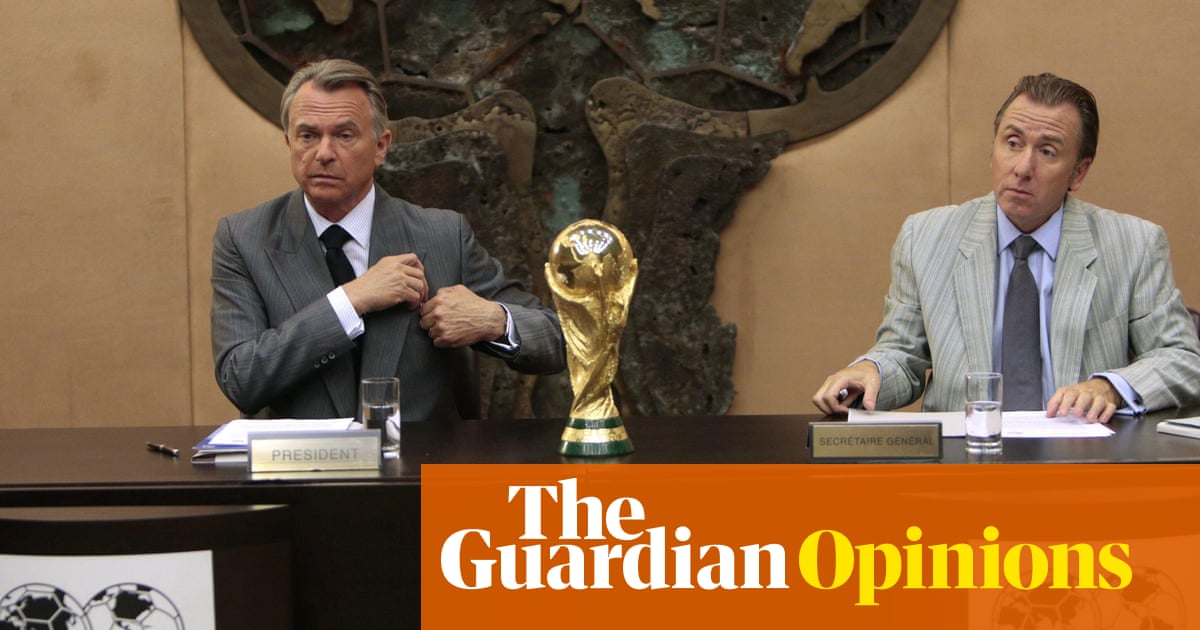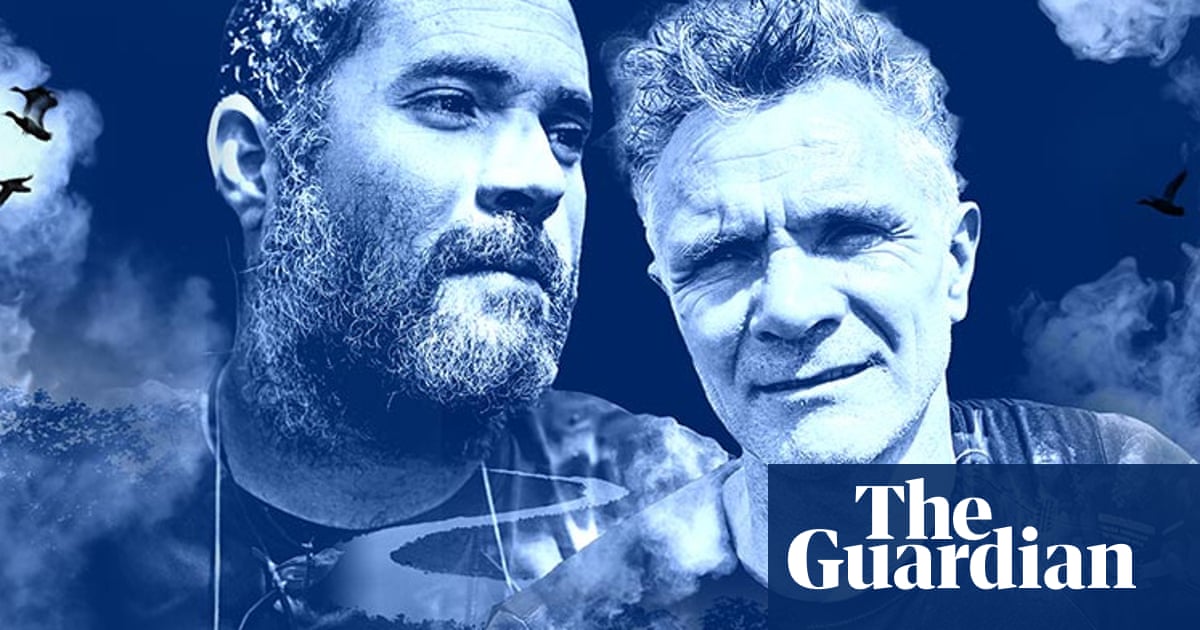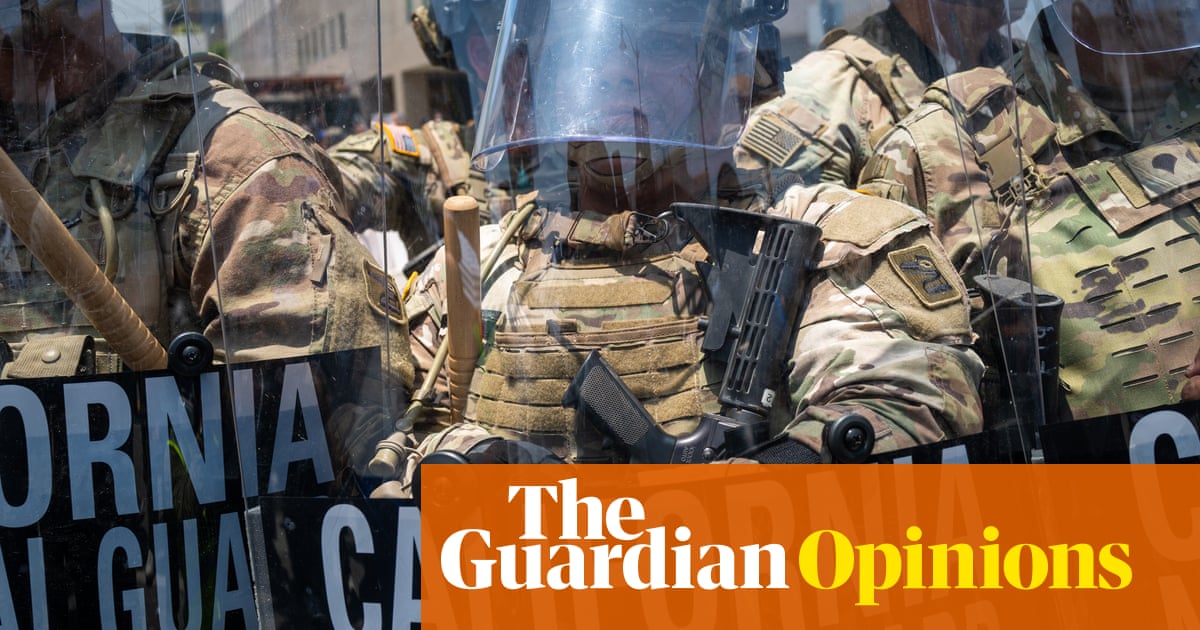Opening summary
Hello and welcome to our live coverage of the German election results.
CDU leader Friedrich Merz has said his “absolute priority” will be to strengthen Europe so as to achieve independence from the US in defence matters as he prepares to embark on coalition negotiations that are expected to last until Easter.
Speaking on Sunday evening Merz said US President Donald Trump had made it “clear that [his] government is fairly indifferent to Europe’s fate” and that Germany would have to wait to see “whether we will still be able to speak about Nato in its current form” when the alliance meets for its next summit in June.
“For me, the absolute priority will be to strengthen Europe as quickly as possible so that, step by step, we can really achieve independence from the USA” in defence matters, Merz said.
His centre-right CDU/CSU alliance came top of the German election, winning 28.5% of the vote, while outgoing Chancellor Olaf Scholz’s Social Democrats (SPD) crashed to its worst result since the second world war, gaining just 16.4% of the vote. The two would have just enough seats to form a so-called grand coalition and this is considered the most likely option for Merz.
The far-right Alternative für Deutschland (AfD) party was meanwhile celebrating its best result ever, having secured second place on 20.8%. The party’s chancellor candidate and co-leader, Alice Weidel, called it a “historic success for us – our best result ever.”
“We extend our hand to offer cooperation with the CDU. Otherwise change won’t be possible in Germany,” she added. All mainstream parties have ruled out a coalition with the AfD however, due to the country’s firewall, or taboo, barring cooperation with the far-right.
Here’s a roundup of the latest developments:
-
The Greens, the SPD’s coalition partner, slumped by three percentage points to 11.6%. The Left has surged to 8.8% and the liberal FDP – which triggered the early election by collapsing Olaf Scholz’s coalition – along with the far-left Sahra Wagenknecht Alliance failed to meet the 5% threshold required top get into parliament.
-
The results mean Merz could form a so-called “grand coalition” with the SPD, without needing to find a third party. That would mean a future government would be more stable and less fractious than for example Scholz’s.
-
The Social Democratic party was left reeling on the back of a historically low vote share, with outgoing chancellor, Olaf Scholz, admitting it was a “bitter result”. He said he would not be involved in any coalition talks with the CDU/CSU, with other SPD leaders expected to lead negotiations.
-
Merz hailed “a historic election evening,” and acknowledged the responsibility and the scale of the task ahead. He said he planned to form a coalition by Easter and told party faithful that “the world out there is not waiting for us and for lengthy negotiations.”
-
Alice Weidel, co-leader of the far-right Alternative für Deutschland (AfD) called the result “historic” for her party, having doubled the number of votes from 2021. Weidel said her party remained open to coalition talks with other parties, and said excluding the AfD was the equivalent to “voter fraud”.
-
The AfD swept all five former East German states: Mecklenburg-Vorpommern, Brandenburg, Saxony-Anhalt, Saxony and Thuringia. It won well over 30% of the vote in each state and as much as 38.6% in Thuringia – that’s where the AfD made history in September as the first far-right party to win a state election since the second world war.
-
Christian Lindner, the leader of the liberal FDP whose falling out with Scholz triggered the collapse of his coalition government and paved the way for early elections, resigned after his party failed to reach the 5% threshold to re-enter parliament. In a post on X, he said would retire from active politics and said he hoped the election would bring a “new start for Germany”.
Key events Show key events only Please turn on JavaScript to use this feature
Morning opening: Viel Glück, Herr Merz!

Jakub Krupa
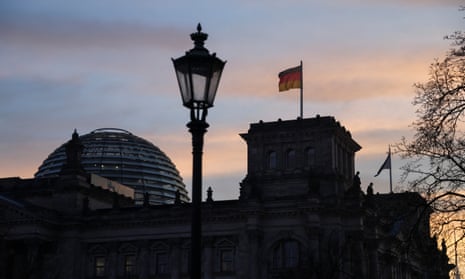
Guten Morgen aus Berlin,
In November 2019, Freidrich Merz joined a conference of German students at Harvard.
Freshly returned to politics after a decade in business, but not even a CDU/CSU leader at the time yet as he lost the bid to succeed Angela Merkel to Annegret Kramp-Karrenbauer, he spoke at length about his affinity with the US, which he had been “travelling to for 40 years now,” with “more than 150 visits.”
Long seen as one of the most pro-American politicians in Germany, the former executive of US investment company BlackRock admitted that under the first Trump presidency, Europe had “some strong debates with this US government and this US president” in particular.
But he urged the students to “fight for our open society and what Europe and America have in common ... to fight for freedom, ... for open speech, of religion, of the press, of our societies entirely.”
At the end of the speech, he promised, as people casually do at these sort of conferences, that he would be back to Harvard ten years later to give an update on how things are going.
Well, we are not quite in 2029 just yet, but speaking on live TV after leading the CDU/CSU union to an election win last night, he struck a noticeably different tone.
He spoke about his conversations with European leaders to “strengthen Europe as quickly as possible, so that we achieve independence from the US, step by step.”
“I never thought that I would ever need to say something like that, on television, but after the latest statements made by Donald Trump last week, it is clear, that the Americans – at any case these Americans, this administration – mostly don’t care about the fate of Europe one way or another,” he added.
And if that was not enough to show the dramatic change in his tone, he also took aim at close Trump aide, billionaire Elon Musk, saying that his “interventions from Washington were no less drastic, dramatic, and ultimately no less brazen, than the interventions that we have seen from Moscow.”
Tell us what you really think, Friedrich.
Assuming he intends to keep his word and return to Harvard in 2029 as promised, it is now up to him as the presumed German chancellor to define and shape what sort of message on Germany, Europe, and the future of our relations with the US he will be in a position to deliver.
Viel Glück, Herr Merz! You may need it.
It’s Monday, 24 February 2025, and this is Europe live. It’s Jakub Krupa here.
Good morning.
The CDU/CSU alliance is keen to start coalition talks as soon as possible, Jens Spahn, deputy leader of the parliamentary group, has told the broadcaster ARD. He said:
From our point of view it can get going very, very quickly. We should hold the first talks this week already, in the coming days.
Referring to the current global situation and the war in Ukraine: “ We need German leadership in Europe”.
He also said that the CDU/CSU must be ready to make compromises in its talks with the SPD, adding that what would be decisive would be whether the two parties had the common will to make Germany stronger, restore trust in democracy and to limit immigration.
My impression is that there are many people in the SPD who also see that we can and should do something together, and then we will find compromises.
The German papers have given their verdicts on Sunday’s election. Bild, the country’s largest circulation newspaper, declared “Merz does it!” in its headline, adding among other things “SPD so bad as never before!”, “AfD almost doubled”, “The Greens cry, the Left celebrates”.

The Tagesspiegel warns “Election victor Merz faces tough coalition talks”, and adds the sub headlines “SPD crashes, Greens lose”, “AfD becomes second strongest force”.

The Süddeutsche Zeitung has used a quote from the victorious Friedrich Merz as its headline: “The world out there isn’t waiting for us” and reports that the chancellor-in-waiting wants to form a coalition by Easter.

The Handelsblatt splashes on “Election winner Merz”, adding “The Union (CDU/CSU) wins the elections. The AfD achieves a record result. The SPD loses drastically – and the FDP fails to pass the 5% hurdle.”

The Rheinische Post leads with “Scholz voted out, Merz ahead, AfD doubles [its vote]” and reported that a record turnout had left the CDU/CSU in pole position.

More congratulations are coming in as Europe starts waking up. António Costa, European Council president, said in a post on X:
I look forward to working closely with him to make Europe stronger, more prosperous and more autonomous. These might be challenging times. But I know that, just like in the past, the European Union will deliver and come out stronger.
According to the broadcaster ZDF, this is how seats will be allocated according to Germany’s rather complicated voting system, which was recently reformed to cap the number of MPs at 630, after their ranks ballooned in recent years:
-
CDU/CSU: 208 seats
-
AfD: 152 seats
-
SPD: 120 seats
-
The Greens: 85 seats
-
The Left: 64 seats
-
SSW: 1 seat
The results mean Merz’s CDU/CSU alliance can form a “grand coalition” with the SPD and avoid having to form an unwieldy three-way coalition of the sort that Olaf Scholz headed, and which ultimately undid him.
However there are significant policy differences between the SPD and the CDU, not least on the economy – German has been in recession for two years – and Ukraine. Germany is Kyiv’s second biggest supplier of military aid after the US.
“These are difficult starting conditions for a new German government, which is facing Herculean tasks in domestic and foreign policy,” said Cornelia Woll of the Hertie School Berlin, according to AFP.
“One might hope that Germany will nevertheless be able to act quickly, so that it does not just have to watch how Trump and Putin shape the future.”
What's in Merz's in tray?

Kate Connolly
Friedrich Merz, a former banker who has never been a government minister, appears almost certain to be the next chancellor of Germany after his conservative CDU/CSU alliance won the most votes in Sunday’s crucial federal election.
During the campaign his decision to win a vote in parliament by relying on far-right support proved a historic and highly controversial turning point, even if he has since insisted he would never break Germany’s “firewall” (“brandmauer”) by going into coalition government with the anti-immigration Alternative für Deutschland.
As testing as the domestic political – and economic – landscape is, however, many of Merz’s most pressing challenges may well come from outside Germany. The man who once won plaudits by claiming he could simplify the life of millions of people by reducing tax rules so they would fit on the back of a beer coaster faces an altogether more complex reality.
Merz, a keen aviator and married father of three, whose wife prevented him from buying his own private jet until his children were out of the house (he now reportedly owns two), will want to make his mark early on. Here’s a brief look at his in-tray.
The record result of the far-right AfD was for many the most important result of the night. The party came in second place on 20.8%, which, if Chancellor Olaf Scholz’s SPD joins the CDU in a “grand coalition”, will make it the largest opposition party in parliament.
It’s a sobering result for a country that has prided itself on its memory culture, a reference to the Holocaust and other horrors of the second world war, and its determination never to let such things happen again.
Many have warned that if Friedrich Merz and his new government fail to get to grips with the many challenges, both domestic and foreign, facing the country, then the AfD will be waiting in the wings at the next election to potentially become the largest party.
Writing in Spiegel magazine, Christoph Hickmann said:
Chancellor Merz’s task will be to restore trust in the political centre and more: in the system and in the superiority of liberal democracy over authoritarian approaches. No chancellor has faced such a huge challenge since reunification.
The fact that a fifth of voters have chosen to put their support behind a party that is considering deporting Germans of migrant background – though they may not all agree explicitly with that policy – is “not a wake-up call, not a so-called alarm, but a vote of mistrust against the political centre”, he wrote.

Jennifer Rankin
Germany has long been seen as the EU’s “indispensable nation” – the biggest, richest and most consequential power. But in recent years Berlin has widely been regarded as missing in action in the EU, hobbled by internecine feuding in a coalition government that has caused flip-flops and delayed decisions.
Olaf Scholz has a cool relationship with Emmanuel Macron, slowing down the fabled Franco-German motor that powers the EU. The Polish-German relationship has also been rocky, strained by disputes over European air defence and historical grievances.
Friedrich Merz, on course to become Germany’s next chancellor, has promised to restore German leadership in Europe.
“I think Merz and his team understand the urgency of the global situation and that we need a functioning German government soon,” said Jana Puglierin, the head of the Berlin office at the European Council on Foreign Relations.
“The situation is so urgent that we need to first agree on some fundamental principles to be able to speak with a voice in Brussels … of course, for the EU, the earlier the better.”
The rest of Europe is looking to the continent’s biggest economy to send more military aid to Ukraine. Merz, who has previously warned Scholz against “an appeasement policy” towards Russia, has promised to send Kyiv long-range Taurus cruise missiles long denied.
He is also likely to face demands to send German troops to Ukraine as part of a deterrent or peacekeeping force, a discussion that Scholz described as “completely premature”.
Read on here:
Foreign leaders have congratulated Friedrich Merz on his win. The UK’s prime minister Keir Starmer wrote in a post on X:
I look forward to working with the new government to deepen our already strong relationship, enhance our joint security and deliver growth for both our countries.
Emmanuel Macron offered his congratulations to Friedrich Merz and his “friendship” to Olaf Scholz, with whom he has had an at times fraught relationship. In a post on X, the French president added:
We are more determined than ever to achieve great things together for France and Germany and work towards a strong and sovereign Europe. In this time of uncertainty, we are united to face the major challenges of the world and our continent.
Ukrainian President Volodymyr Zelenskyy said he looked forward to continuing to work with Germany and said pointedly that Europe needed to be able to defend itself. He said:
Europe must be able to defend itself, develop its industries, and achieve the necessary results. Europe needs shared successes, and those success will bring even greater unity to Europe.”
US President Donald Trump did not directly congratulate Merz but said in an all caps post on his Truth Social website of the CDU win:
Much like the USA, the people of Germany got tired of the no-common-sense agenda, especially on energy and immigration ... This is a great day for Germany and for the United States of America under the leadership of a gentleman names Donald J Trump.
Opening summary
Hello and welcome to our live coverage of the German election results.
CDU leader Friedrich Merz has said his “absolute priority” will be to strengthen Europe so as to achieve independence from the US in defence matters as he prepares to embark on coalition negotiations that are expected to last until Easter.
Speaking on Sunday evening Merz said US President Donald Trump had made it “clear that [his] government is fairly indifferent to Europe’s fate” and that Germany would have to wait to see “whether we will still be able to speak about Nato in its current form” when the alliance meets for its next summit in June.
“For me, the absolute priority will be to strengthen Europe as quickly as possible so that, step by step, we can really achieve independence from the USA” in defence matters, Merz said.
His centre-right CDU/CSU alliance came top of the German election, winning 28.5% of the vote, while outgoing Chancellor Olaf Scholz’s Social Democrats (SPD) crashed to its worst result since the second world war, gaining just 16.4% of the vote. The two would have just enough seats to form a so-called grand coalition and this is considered the most likely option for Merz.
The far-right Alternative für Deutschland (AfD) party was meanwhile celebrating its best result ever, having secured second place on 20.8%. The party’s chancellor candidate and co-leader, Alice Weidel, called it a “historic success for us – our best result ever.”
“We extend our hand to offer cooperation with the CDU. Otherwise change won’t be possible in Germany,” she added. All mainstream parties have ruled out a coalition with the AfD however, due to the country’s firewall, or taboo, barring cooperation with the far-right.
Here’s a roundup of the latest developments:
-
The Greens, the SPD’s coalition partner, slumped by three percentage points to 11.6%. The Left has surged to 8.8% and the liberal FDP – which triggered the early election by collapsing Olaf Scholz’s coalition – along with the far-left Sahra Wagenknecht Alliance failed to meet the 5% threshold required top get into parliament.
-
The results mean Merz could form a so-called “grand coalition” with the SPD, without needing to find a third party. That would mean a future government would be more stable and less fractious than for example Scholz’s.
-
The Social Democratic party was left reeling on the back of a historically low vote share, with outgoing chancellor, Olaf Scholz, admitting it was a “bitter result”. He said he would not be involved in any coalition talks with the CDU/CSU, with other SPD leaders expected to lead negotiations.
-
Merz hailed “a historic election evening,” and acknowledged the responsibility and the scale of the task ahead. He said he planned to form a coalition by Easter and told party faithful that “the world out there is not waiting for us and for lengthy negotiations.”
-
Alice Weidel, co-leader of the far-right Alternative für Deutschland (AfD) called the result “historic” for her party, having doubled the number of votes from 2021. Weidel said her party remained open to coalition talks with other parties, and said excluding the AfD was the equivalent to “voter fraud”.
-
The AfD swept all five former East German states: Mecklenburg-Vorpommern, Brandenburg, Saxony-Anhalt, Saxony and Thuringia. It won well over 30% of the vote in each state and as much as 38.6% in Thuringia – that’s where the AfD made history in September as the first far-right party to win a state election since the second world war.
-
Christian Lindner, the leader of the liberal FDP whose falling out with Scholz triggered the collapse of his coalition government and paved the way for early elections, resigned after his party failed to reach the 5% threshold to re-enter parliament. In a post on X, he said would retire from active politics and said he hoped the election would bring a “new start for Germany”.

 3 months ago
50
3 months ago
50
